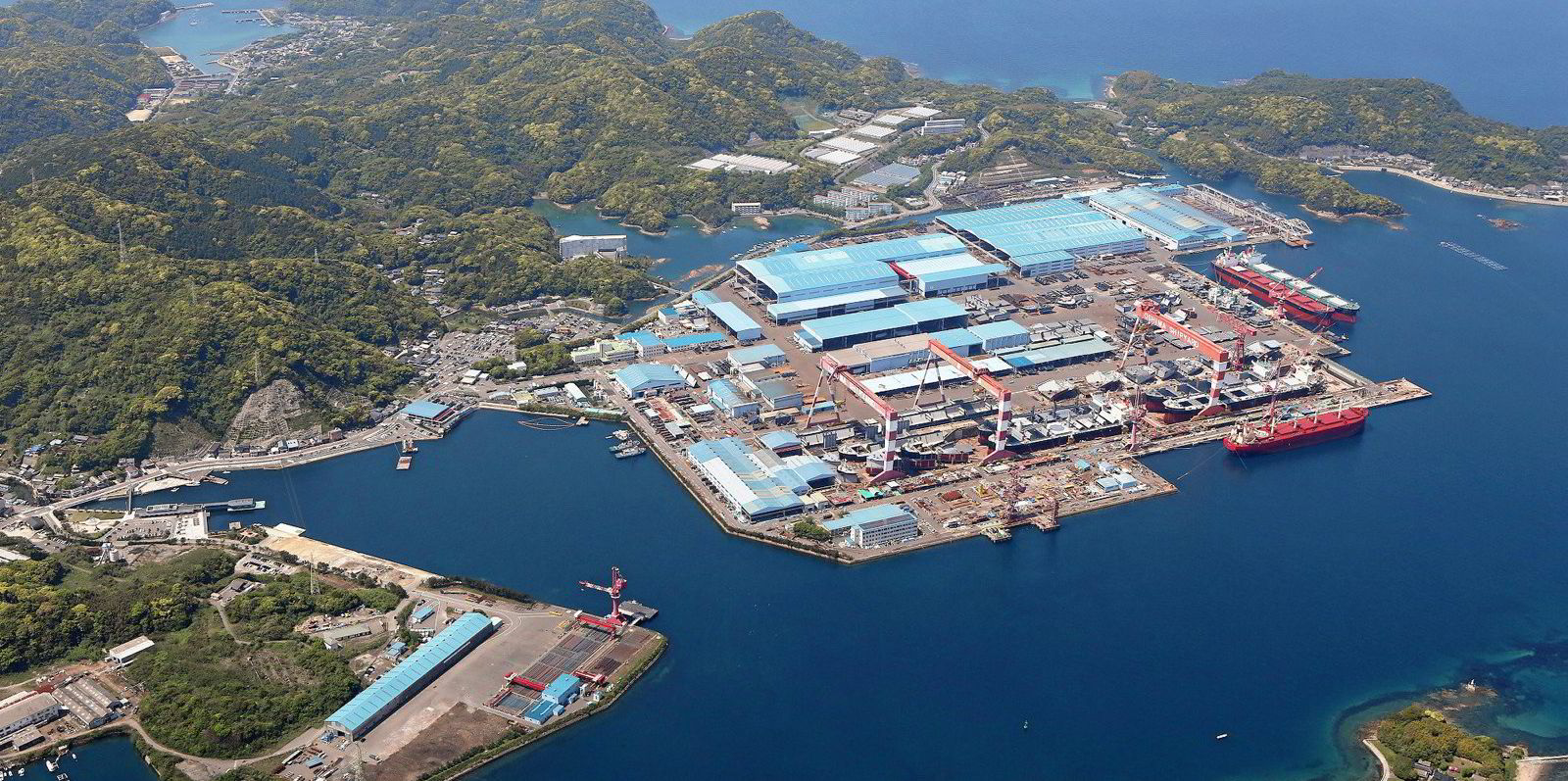Jinhui Shipping and Transportation has reported a net loss of $13m for the first quarter of 2023, according to figures released Wednesday.
The Oslo and Hong Kong-listed suffered as revenue for the first three months of the year dropped by 56% year-on-year to $14.4m.
Jinhui said its results were negatively affected by the lacklustre market freight rates amid weak dry bulk shipping market sentiment in early 2023.
The average daily time charter equivalent rates (TCE) earned by Jinhui’s fleet decreased 62% year-on-year to $6,580 for the first quarter of this year.
The average of the Baltic Dry Index during the first quarter of 2023 was 1,011 points, compared with 2,041 points in the same quarter last year.
“Dry bulk shipping market has weakened in early 2023 amid an increasingly challenging macroeconomic and financial environment,” Jinhui said.
“Freight rates continue to slide due to the seasonal trade patterns during Chinese New Year holidays, slowdown of global economic growth and multiple unresolved geo-political issues.
“The market sentiment gradually changed in March 2023 and the market freight rates soon began to regain strength driven by the increase in demand for dry bulk commodities and limited supply of vessels,” the shipowner added.
Jinhui said its daily vessel running cost decreased to $5,444 for the first quarter of 2023 versus $5,682 12 months earlier, mainly due to a drop in crew costs.
Meanwhile, rising interest rates saw Jinhui’s finance costs more than triple from $416,000 for the first quarter of 2022 to $1.34m for the first quarter of this year.
“We will continue with our cost reduction effort, striving to maintain a highly competitive cost structure when stacked against other market participants,” the company said.
At the end of the quarter, Jinhui operated a fleet of 25 vessels comprised of 24 owned supramax bulkers and one chartered-in panamax bulker.
The shipowner’s board has decided not to recommend the payment of a dividend to shareholders for the first quarter.
Looking ahead, Jinhui said that with the supply of new vessels remaining low, the industry outlook continues to point towards a relatively healthy freight market.
“Demand for commodities is expected to remain strong over the longer term albeit short-term weaknesses will be in play given a sharp increase in interest rates and a slower than expected recovery of the global economy causing a decline in business confidence,” the shipowner added.





